Prof. Gabriele Bammer, the editor of the i2Insights blogs, highlighted in her ninth annual review that a post created by Bournemouth University academics was one of the website’s most popular contributions in 2024. This BU contribution ‘Learning to use Appreciative Inquiry‘ by Dr. Rachel Arnold is in the top eight most viewed this year – in fact it’s the second most viewed blog!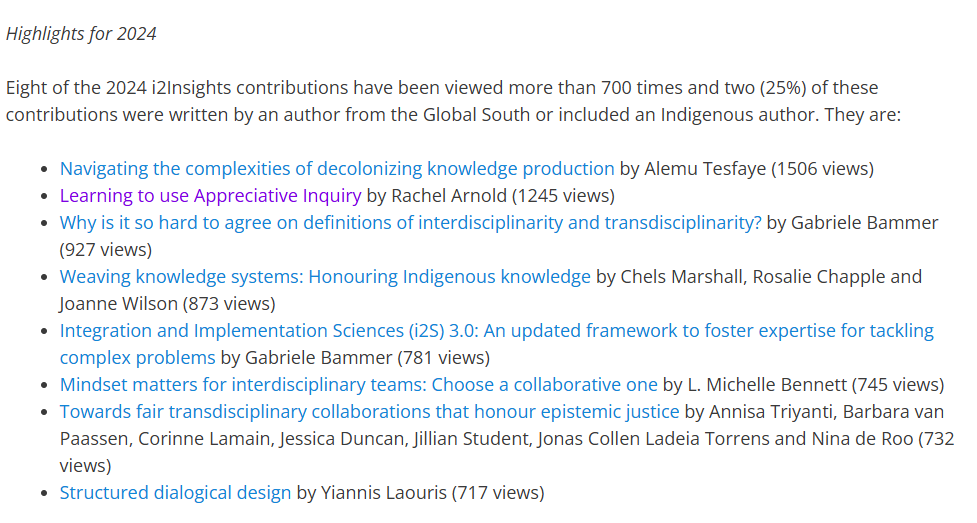
Dr. Rachel Arnold has been lead author on several research papers in the field of Appreciative Inquiry [1-2], in collaboration with current and former Bournemouth Academics, Professor Emerita Sue Way, Dr. Preeto Mahato (now at Royal Holloway, University of London) and Prof. Edwin van Teijlingen. Rachel has also been a contributor to a major textbook in the field [3-4].

References:
- Arnold, R., Way, S., Mahato, P., van Teijlingen, E. (2024) “I might have cried in the changing room, but I still went to work”. Maternity staff managing roles, responsibilities, and emotions of work and home during COVID-19: an Appreciative Inquiry, Women & Birth 37: 128-136.
- Arnold, R., Gordon, C., Way, S., Mahato, P., van Teijlingen, E. (2022) Why use Appreciative Inquiry? Lessons learned during COVID-19 in a UK maternity service, European Journal of Midwifery 6 (May): 1-7.
- Hodgkiss, D., Quinney, S., Slack, T., Barnett, K., Howells, B. (2024a) Appreciating Health and Care: A practical Appreciative Inquiry resource for the Health and Social Care sector, Forres: Appreciating People; ISBN: 978-1-9160267-6-6
- Hodgkiss, D., Quinney, S., Slack, T., Barnett, K., Howells, B. (2024b) Appreciating Health and Care: AI in practice, Forres: Appreciating People.
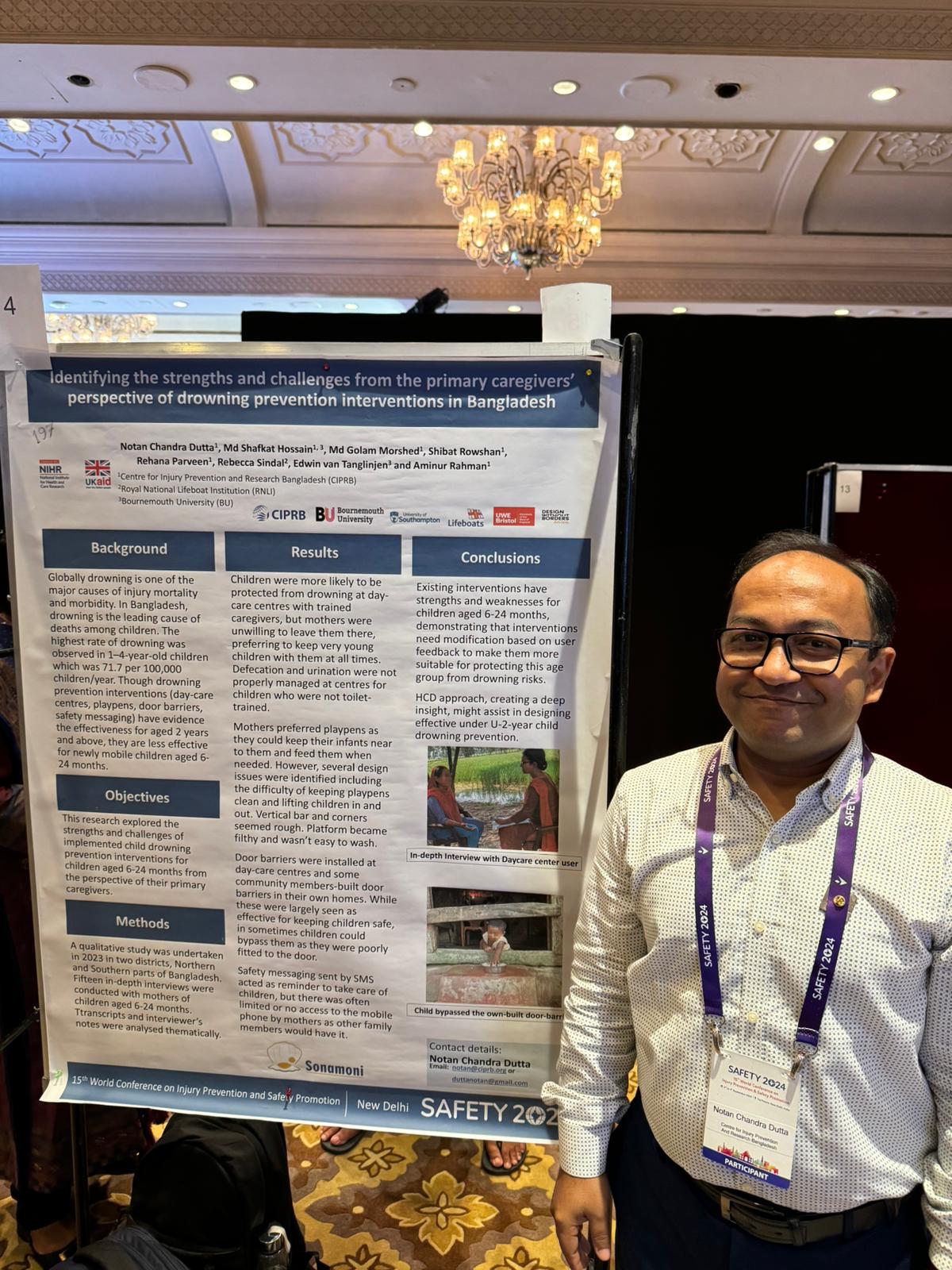


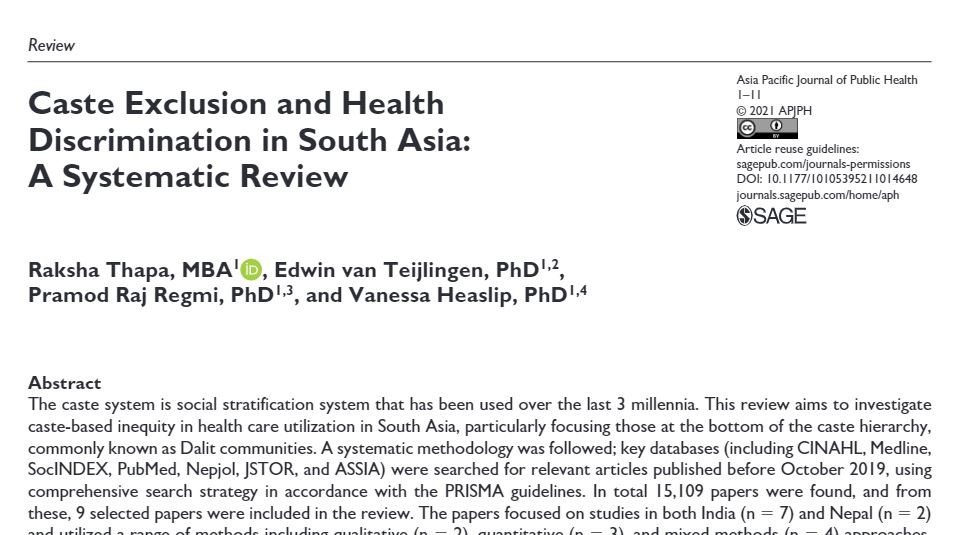
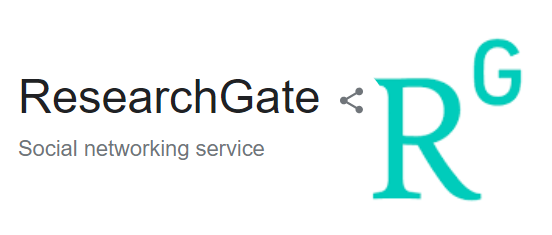
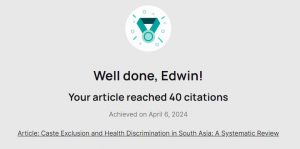
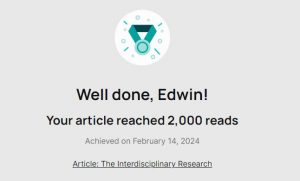
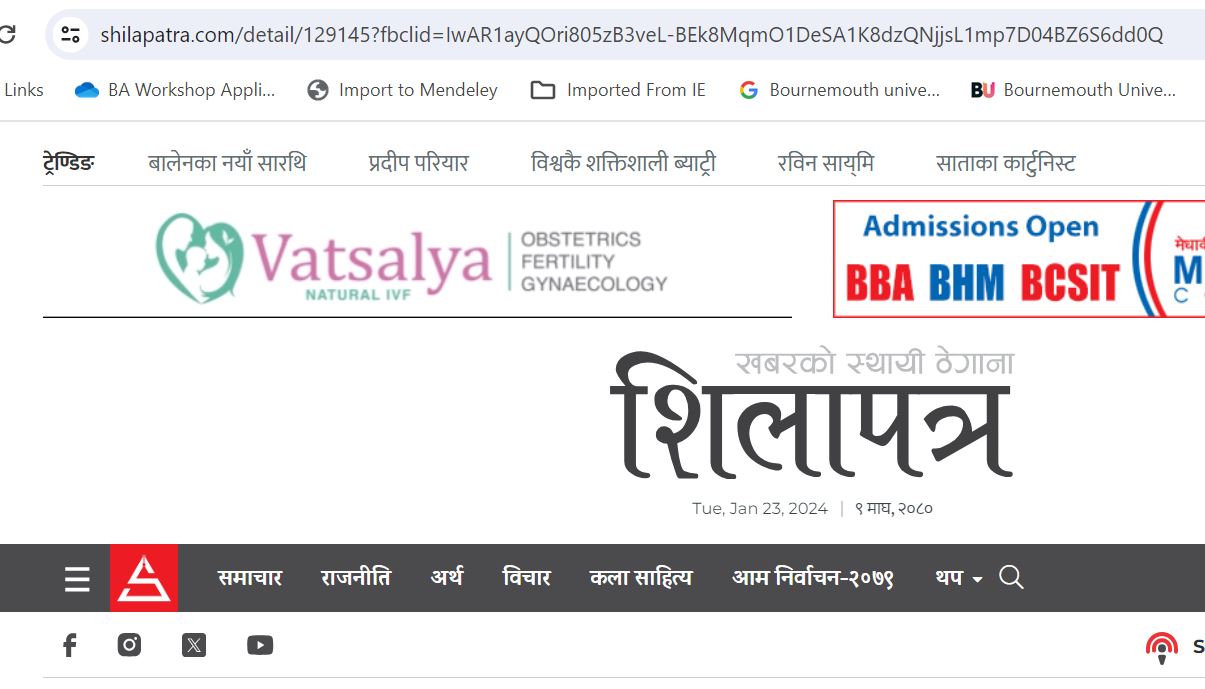
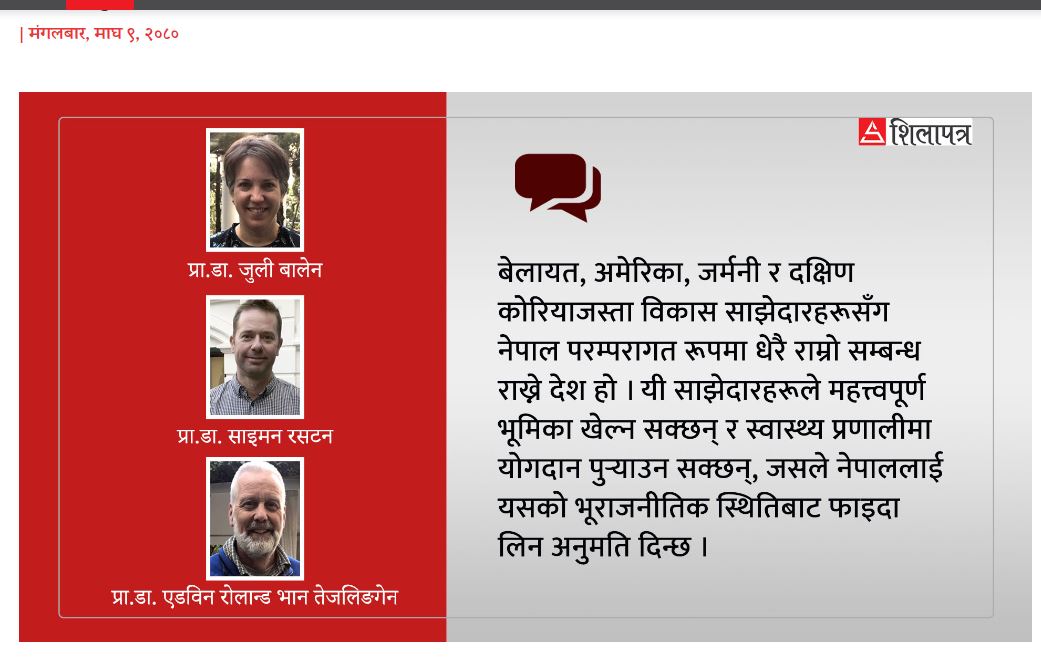
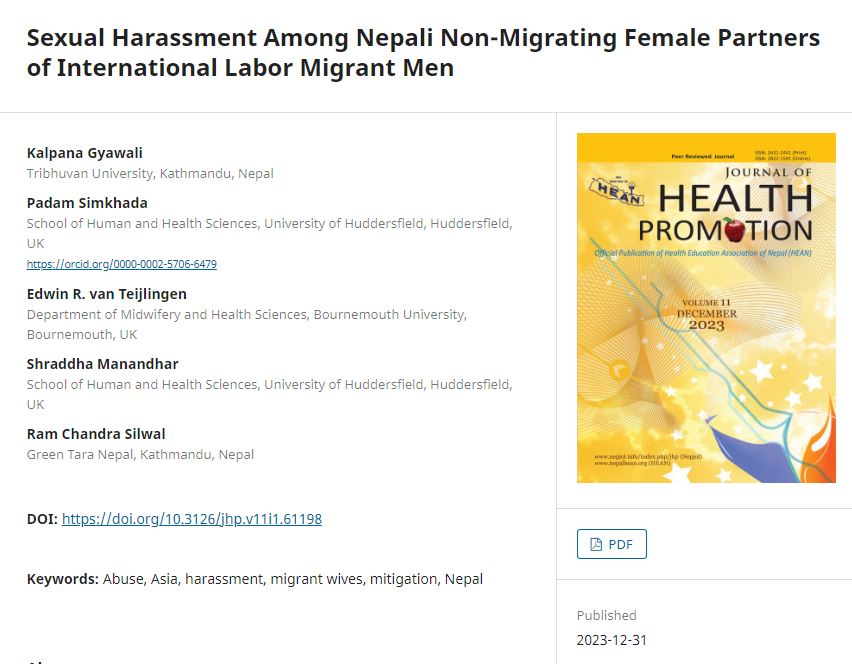

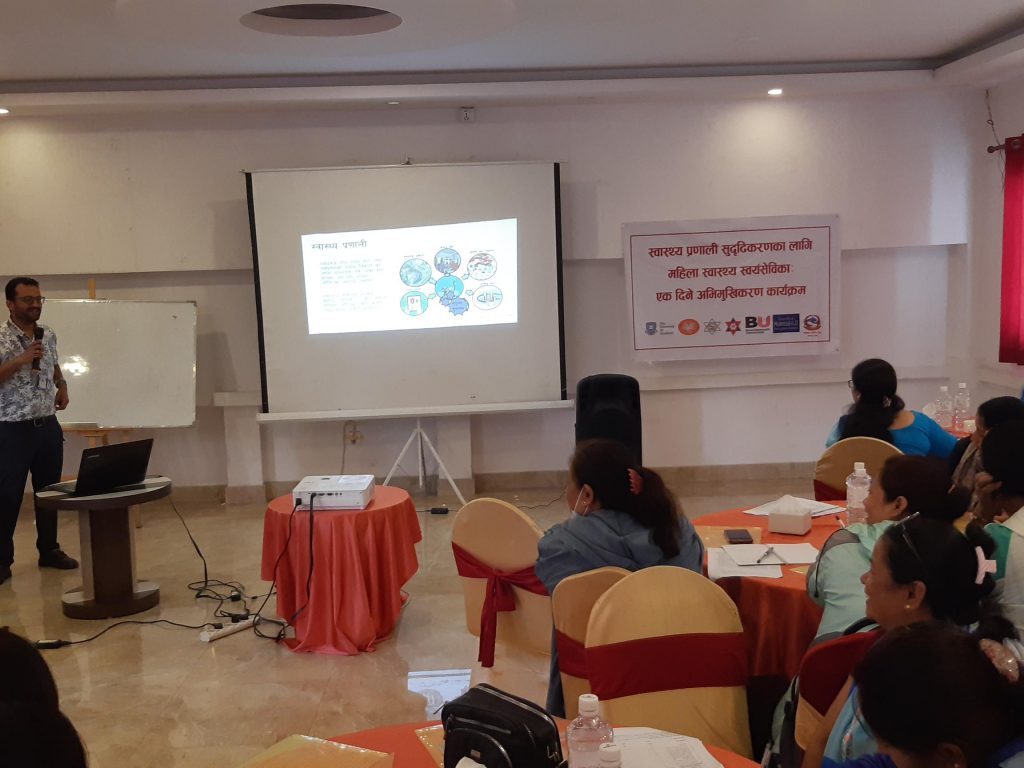
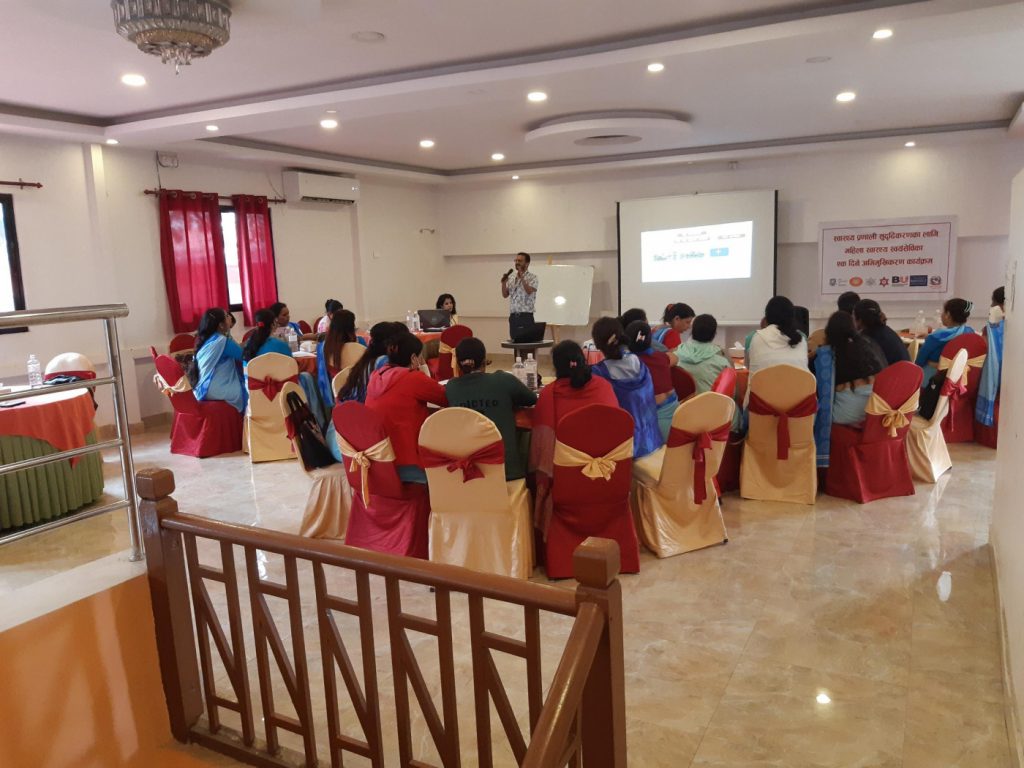











 SPROUT: From Sustainable Research to Sustainable Research Lives
SPROUT: From Sustainable Research to Sustainable Research Lives BRIAN upgrade and new look
BRIAN upgrade and new look Seeing the fruits of your labour in Bangladesh
Seeing the fruits of your labour in Bangladesh Exploring Embodied Research: Body Map Storytelling Workshop & Research Seminar
Exploring Embodied Research: Body Map Storytelling Workshop & Research Seminar Marking a Milestone: The Swash Channel Wreck Book Launch
Marking a Milestone: The Swash Channel Wreck Book Launch ECR Funding Open Call: Research Culture & Community Grant – Application Deadline Friday 12 December
ECR Funding Open Call: Research Culture & Community Grant – Application Deadline Friday 12 December MSCA Postdoctoral Fellowships 2025 Call
MSCA Postdoctoral Fellowships 2025 Call ERC Advanced Grant 2025 Webinar
ERC Advanced Grant 2025 Webinar Update on UKRO services
Update on UKRO services European research project exploring use of ‘virtual twins’ to better manage metabolic associated fatty liver disease
European research project exploring use of ‘virtual twins’ to better manage metabolic associated fatty liver disease